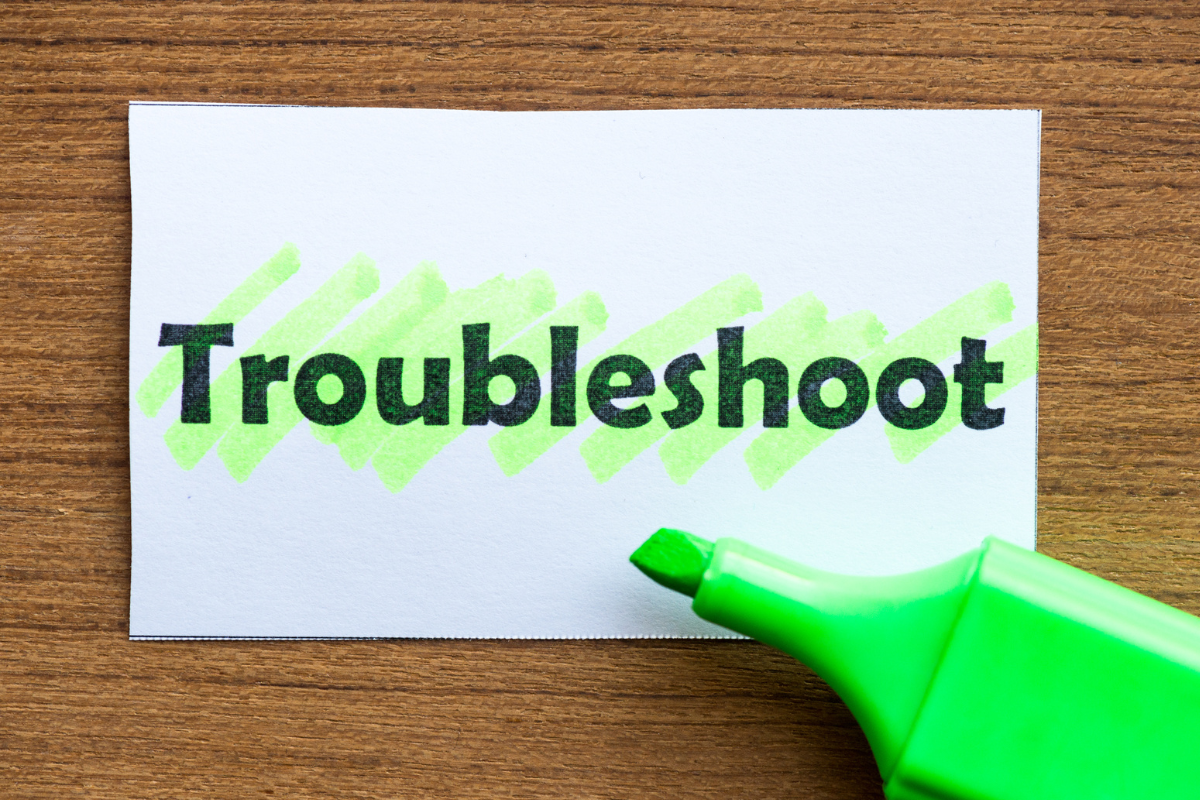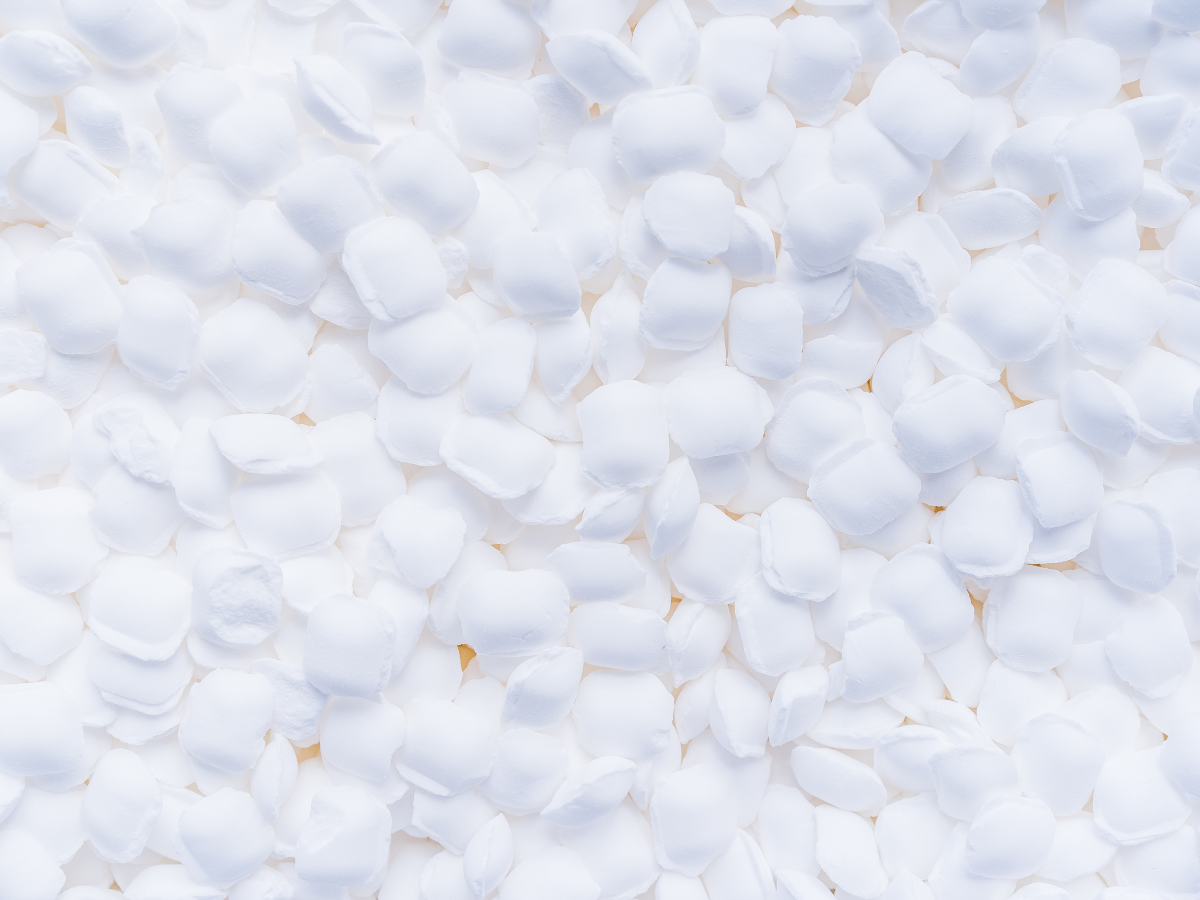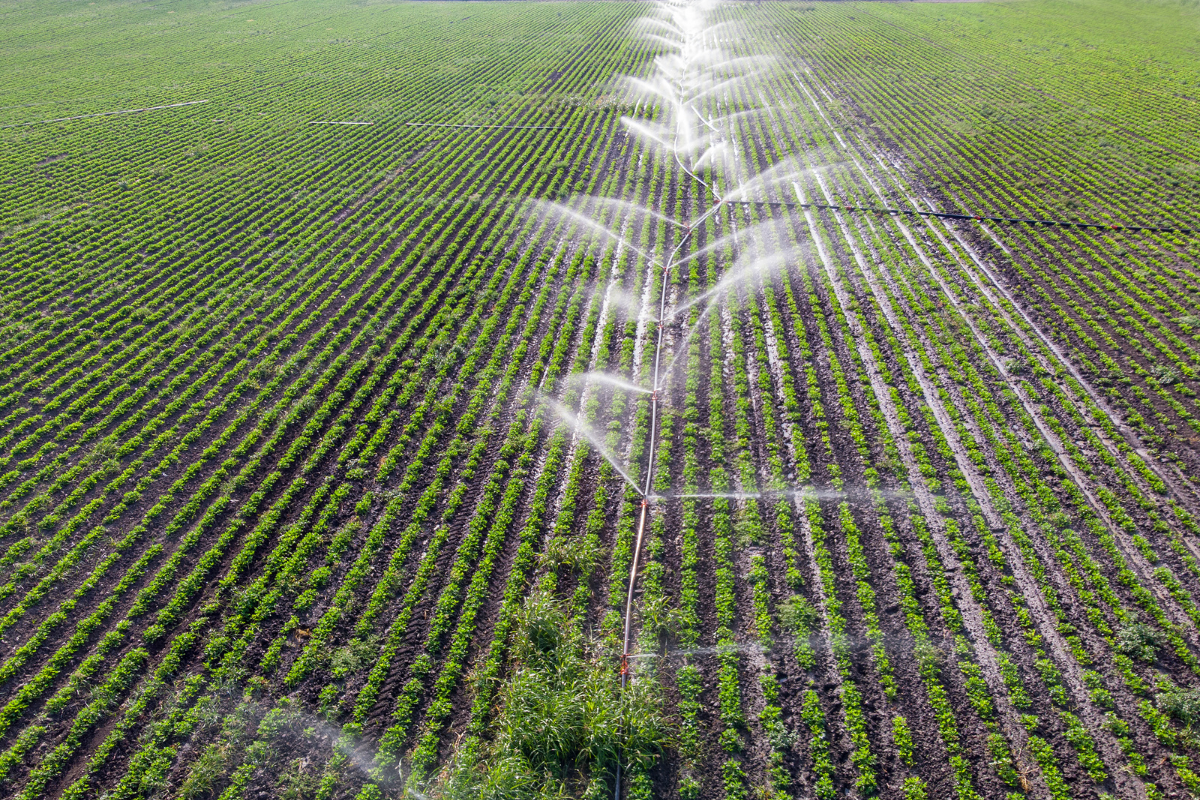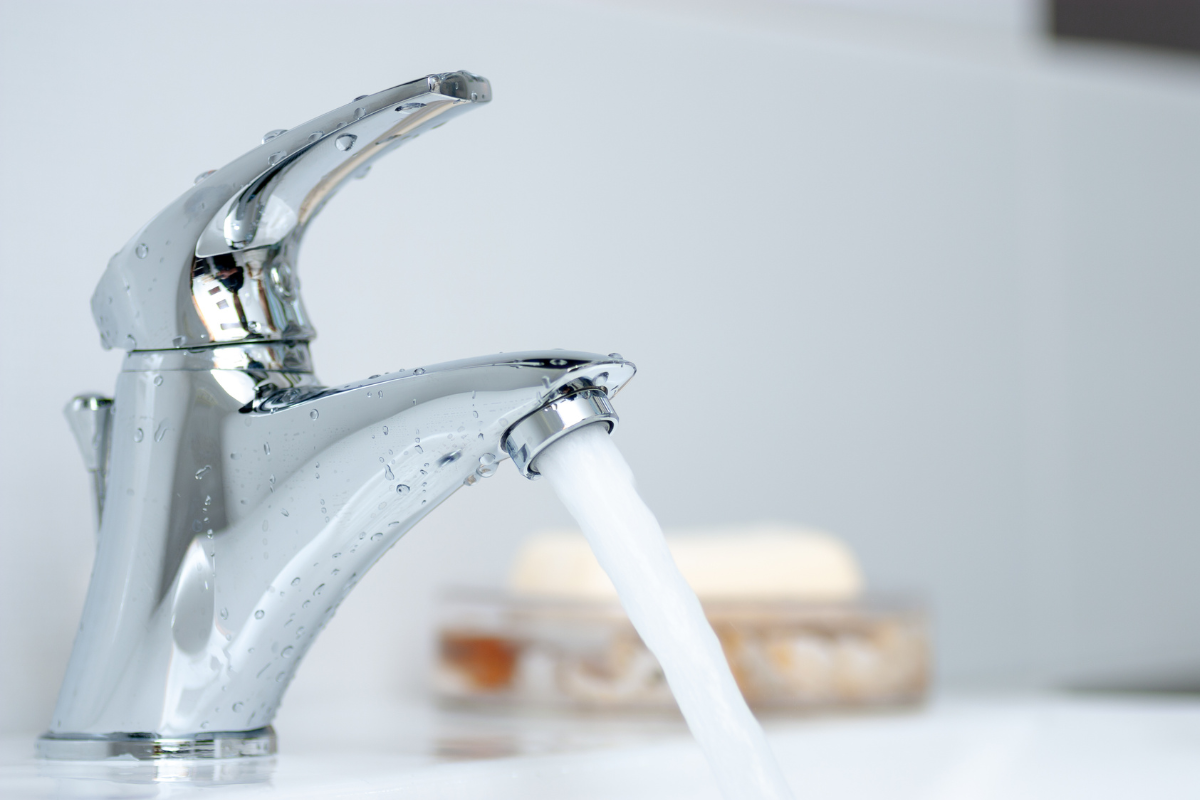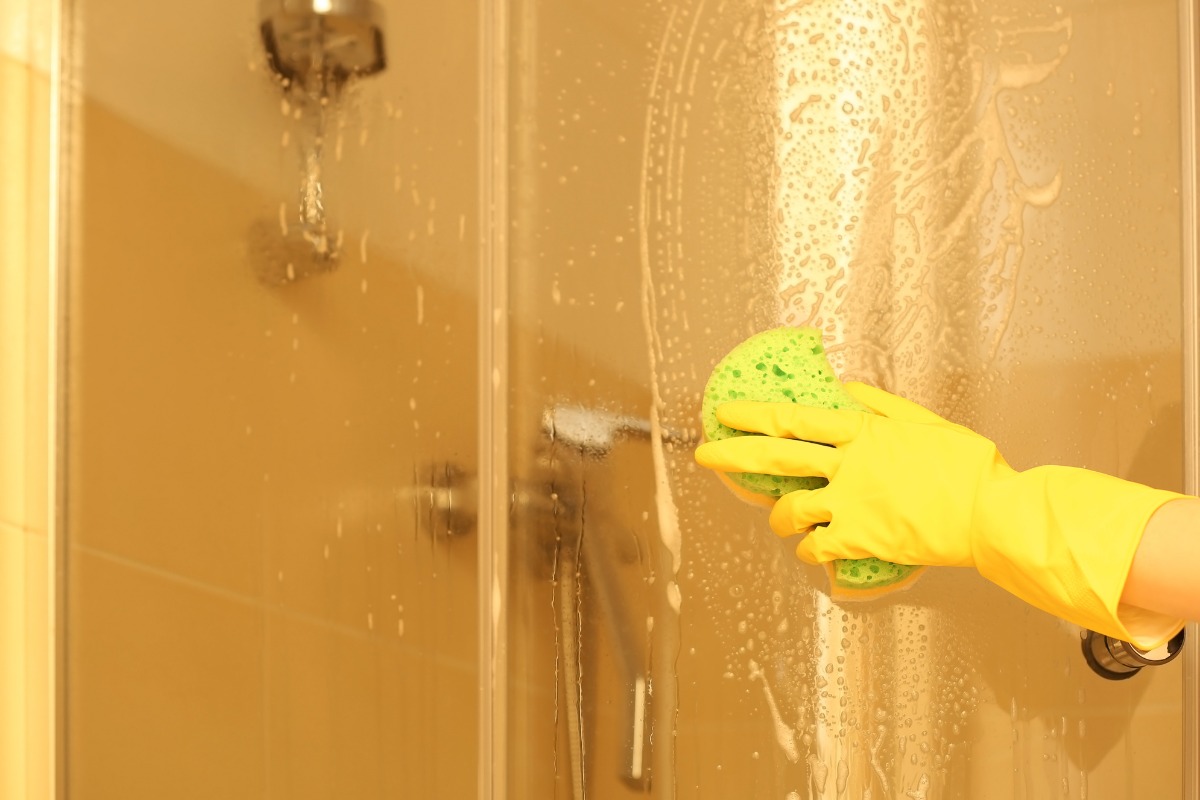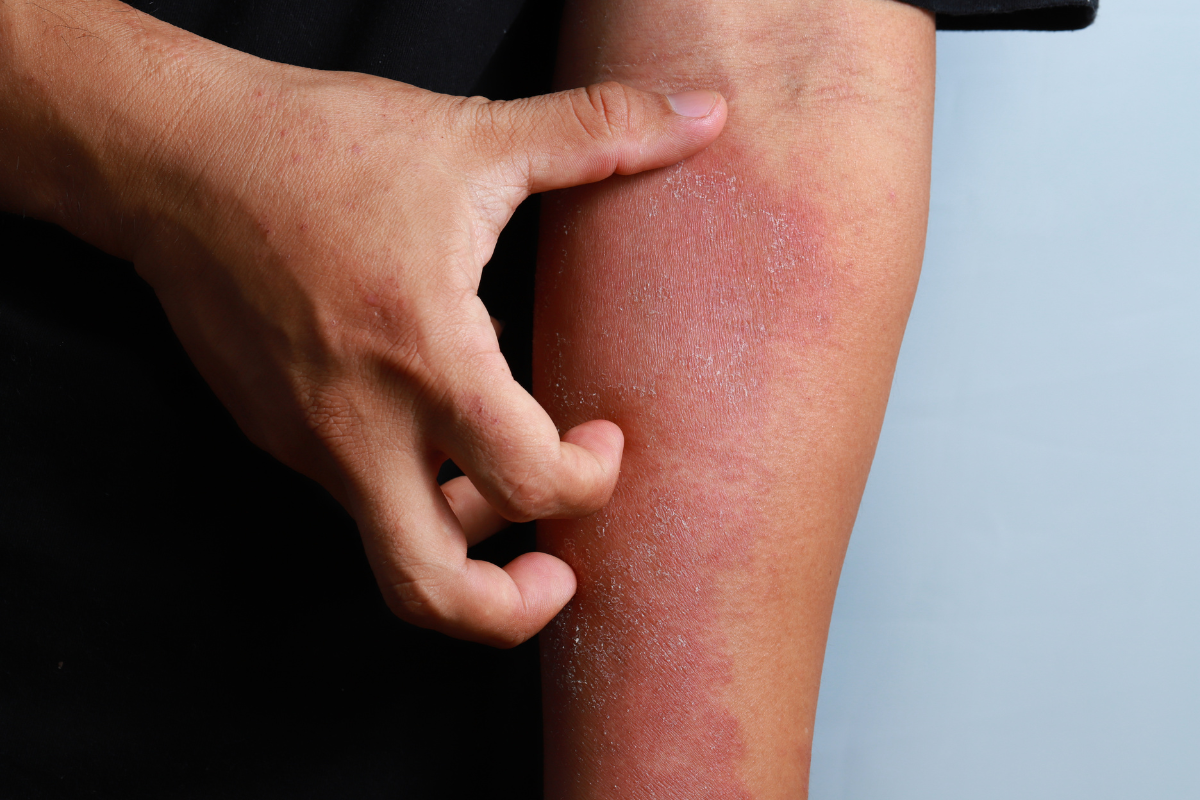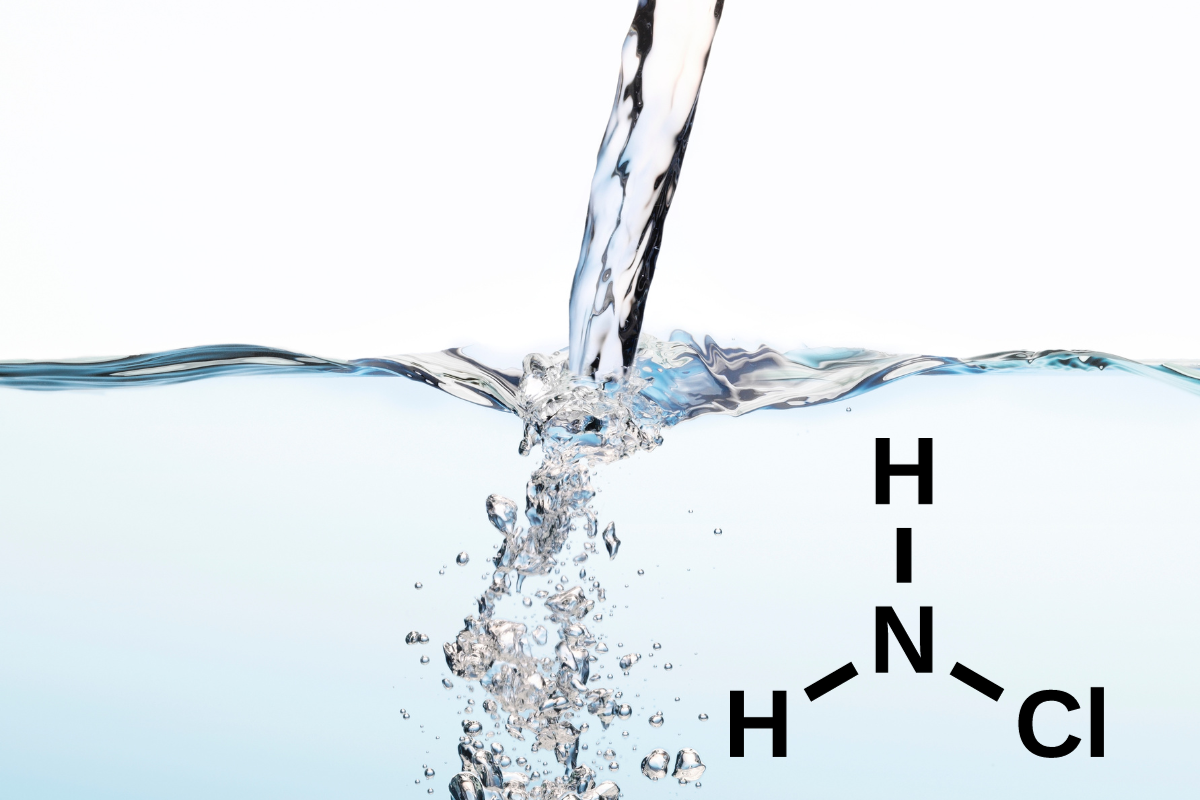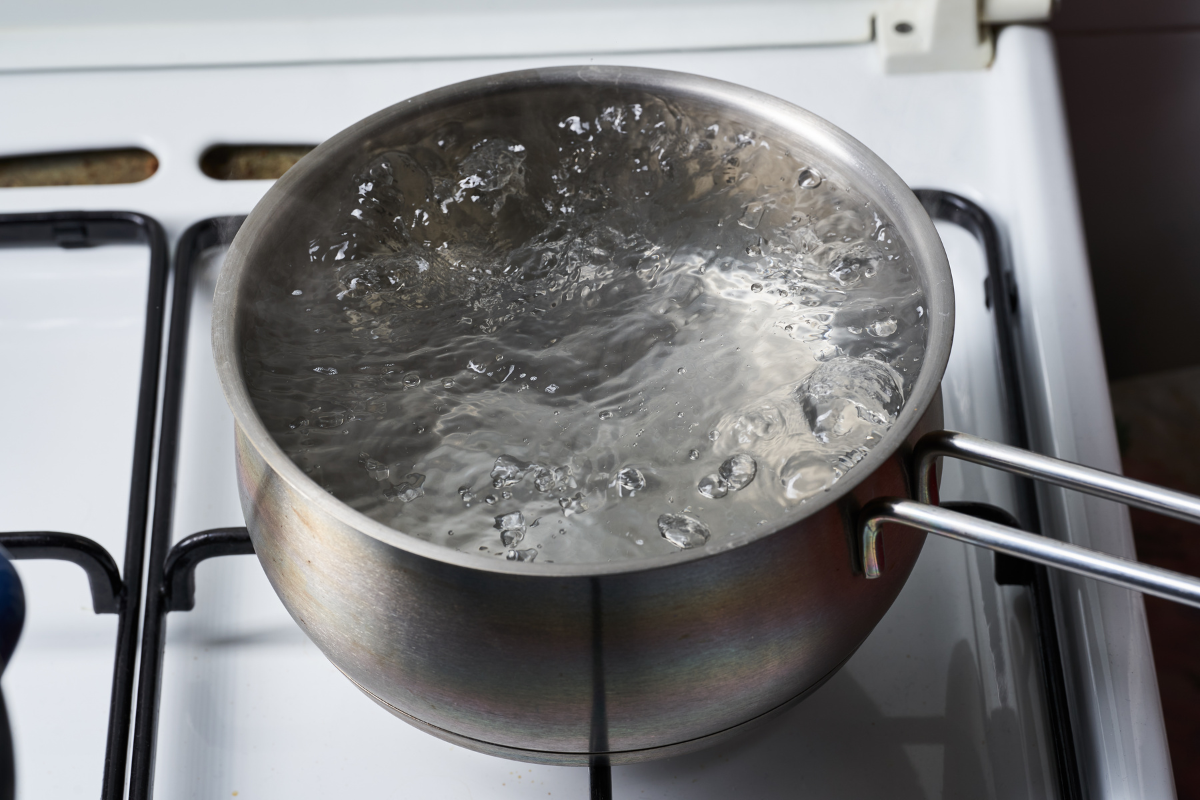Is Hard Water Bad for You?
Hard water in Colorado
Aside from obvious issues like discoloration or chemicals, we don’t often consider other aspects of our home’s water system. One of the most commonly overlooked aspects of home water is its hardness. Water softening systems are available to address this issue, but is it truly that important? Is hard water bad for you? Read our article to find out more.

What is Hard Water?
Why is Hard Water Bad?
Not only does hard water reduce the cleansing abilities of soap, it also leads to damaging limescale buildup and can lessen the efficiency of your home appliances. Untreated limescale within the plumbing system can affect water pressure, which means your appliances will need to run longer to achieve the same results. This may not be problematic for smaller objects, like the tea kettle, but it will make a noticeable difference for larger appliances, like the washer and refrigerator.
Speaking of washers, hard water can also affect how your clothes look and feel. The residue that forms when detergent mingles with mineral-rich water clings to clothes and does not easily rinse out, leaving materials stiff and drab-looking.
This same principle applies to your skin and hair, as well. If you notice your hair is suddenly dry and brittle, or your scalp is itching, you may have a hard water issue.
What Are Some Telltale Signs of Hard Water?
Again, some of the more obvious signs of hard water are dry skin and hair, dull and/or stiff laundry, and noticeable mineral deposits on faucets and other sources. But there are a few other more subtle signs that can indicate hard water:
Your soap is not lathering easily: if you find you are having to really work your soaps or use more to get a good lather, hard water may be the culprit.
Soap scum in the tub: if you are having to use a lot of elbow grease to constantly remove soap scum, don’t blame the soap–it is probably the water!
Shower not heating up: if it is taking a long time for your shower to heat up, or it simply doesn’t get hot enough, hard water may have deposited minerals on the heating element of your water heater.
Dishes not getting clean: do your dishes have white spots on them after being run through the dishwasher? These may be mineral deposits due to hard water.
Off taste or smell to water: do you notice a metallic or minerally taste to your water, or an odd smell? Certain minerals can produce an off-taste or unpleasant odor. Time to test for hard water.
Low flow of water: low water pressure when a source is fully open is a telltale sign of hard water. Mineral deposits can partially block the pipes, resulting in a low flow of water.
Testing for Hard Water
In addition to the above symptoms of hard water, you can perform a simple test to check for the presence of excess minerals in your water. Simply place a clean cloth that you have laundered at home in a container. Cover the cloth with bottled water (NOT tap water), and let it soak for a few minutes. Wring the cloth out and observe the clarity of the water. If you notice a lot of particles, your next step should be to schedule a professional test and decide if a water softener is a good option.
Soft water should have less than 60 milligrams of dissolved calcium and magnesium per liter. Your water professional will determine the precise mineral content and recommend a softener to achieve optimal results.
How Do Water Softeners Treat Hard Water?
While hard water is not dangerous to drink, it certainly has negative effects on other parts of our lives. Itching, irritated skin, dull clothes, failing appliances, and unsightly limescale are just a few reasons why you want to ensure your water has an appropriate mineral content.
Water softeners operate on a fairly simple principle: water enters the home from a well or other source. It is passed through the softener, where resin beads remove the minerals in exchange for salt, which coats the beads. The resin beads will periodically need to be rinsed and “recharged” with more salt that is suspended in a brine. This is easily done and is part of the regeneration process of water softening. The amount of time it will take for the process to complete will depend on the size and type of water softener you have, but it is usually accomplished in a couple of hours.
Get Your Water Tested for Hardness
If you are concerned about hard water, contact The Water Pros today. We provide the latest in technology to ensure your water is pure, soft, and fresh. Call or go online today to get started.
